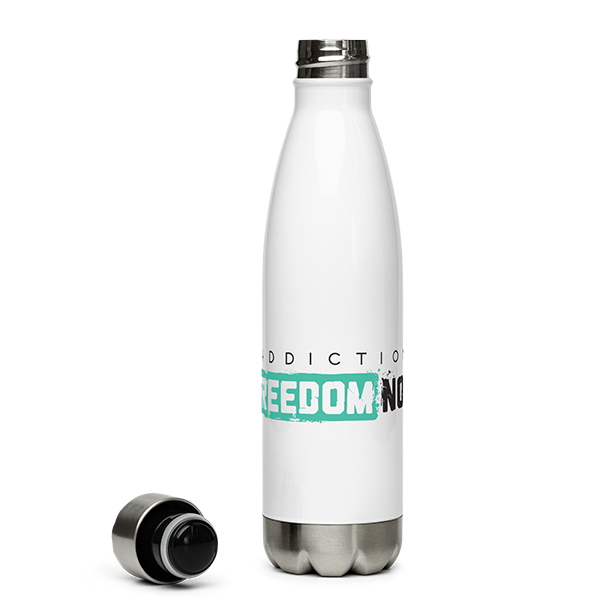Welcome to Addiction Freedom Now - Your Sober Living Companion
Welcome to Addiction Freedom Now, a community and educational website, dedicated to supporting those on their journey to sobriety. All our resources are designed to help you navigate your path towards recovery. Don’t forget to subscribe to our newsletter for the latest updates delivered straight to your inbox. Together, we can fight the stigma around mental health.
February 5, 2024
From the Addiction Freedom Now Online Store
Addiction Recovery and Sober Living Articles
Load More












